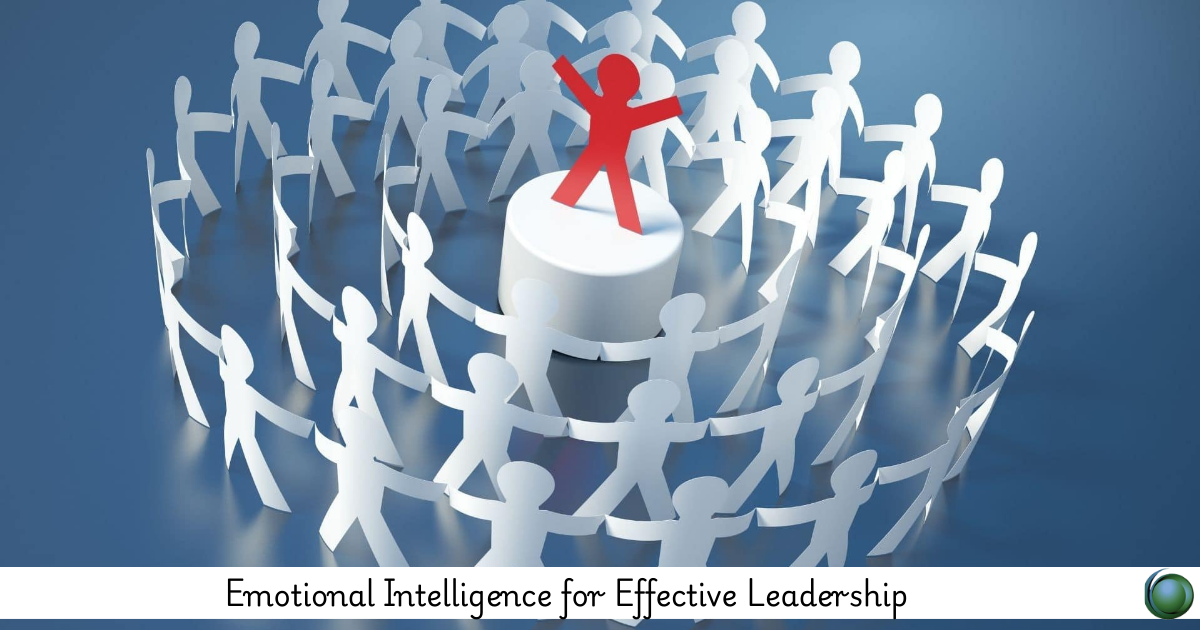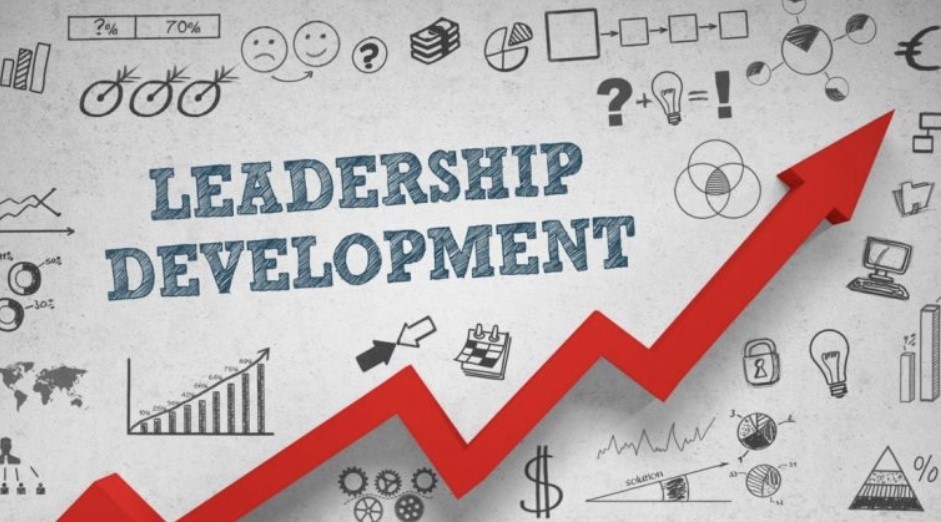Description
Introduction
Leadership today demands more than just technical skills—it requires the ability to understand, connect, and inspire. Emotional Intelligence for Effective Leadership equips leaders with the tools to manage their emotions, empathize with others, and build strong relationships. By mastering emotional intelligence (EQ), leaders create psychologically safe teams, handle challenges with composure, and drive better outcomes through people-centered influence.
Prerequisites
-
Basic leadership or team management experience
-
Familiarity with interpersonal communication concepts
-
Interest in self-awareness and self-improvement
-
Openness to feedback and reflection
Table of Contents
1. Understanding Emotional Intelligence (EQ)
1.1 What is Emotional Intelligence?
1.2 The Five Core Components (Goleman Model)
– Self-Awareness
– Self-Regulation
– Motivation
– Empathy
– Social Skills
1.3 EQ vs. IQ in Leadership Success
1.4 Business Benefits of High EQ
2. Developing Self-Awareness
2.1 Recognizing Emotional Triggers
2.2 Identifying Strengths and Blind Spots
2.3 Self-Reflection and Journaling Techniques
2.4 Tools for Measuring EQ
3. Mastering Self-Regulation
3.1 Staying Calm Under Pressure
3.2 Managing Negative Emotions
3.3 Building Emotional Resilience
3.4 Responding vs. Reacting
4. Cultivating Intrinsic Motivation
4.1 Understanding Your “Why”
4.2 Setting Purpose-Driven Goals
4.3 Overcoming Setbacks and Maintaining Drive
4.4 Inspiring Motivation in Others
5. Practicing Empathy in Leadership
5.1 Perspective-Taking and Compassion
5.2 Recognizing Non-Verbal Cues
5.3 Leading Diverse Teams with Cultural Sensitivity
5.4 Building Trust Through Empathic Listening
6. Enhancing Social Skills
6.1 Influence and Persuasion Techniques
6.2 Building Positive Relationships
6.3 Managing Conflict Constructively
6.4 Leading Collaborative Conversations
7. Emotional Intelligence in Team Leadership
7.1 Creating Psychological Safety
7.2 Leading Through Change with Empathy
7.3 Navigating Group Dynamics with EQ
7.4 Coaching for Emotional Growth
8. EQ and Decision-Making
8.1 Emotionally Intelligent Problem-Solving
8.2 Avoiding Cognitive Bias and Snap Judgments
8.3 Using Emotional Data to Inform Decisions
8.4 Balancing Logic and Emotion
9. Measuring and Growing EQ Over Time
9.1 EQ Assessment Tools and Models
9.2 Building an EQ Growth Plan
9.3 Feedback as a Tool for EQ Development
9.4 Habits to Sustain Emotional Agility
10. Integrating EQ into Leadership Practice
10.1 Case Studies of Emotionally Intelligent Leaders
10.2 Creating a Leadership Philosophy Based on EQ
10.3 Embedding EQ in Culture and Communication
10.4 Becoming a Role Model of Emotional Intelligence
Emotionally intelligent leaders build stronger teams, navigate conflict with grace, and inspire lasting engagement. By strengthening self-awareness, empathy, and relationship skills, you gain the power to lead with both heart and impact. This course helps you evolve into a leader who connects, empowers, and transforms.







Reviews
There are no reviews yet.